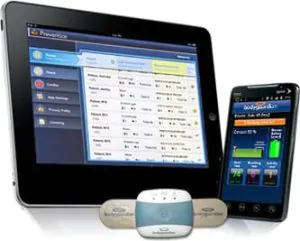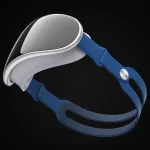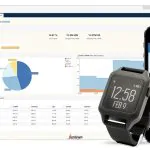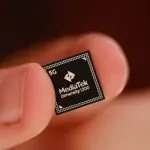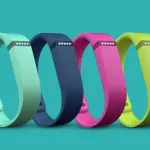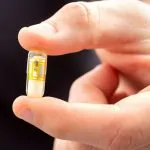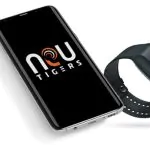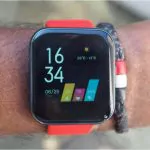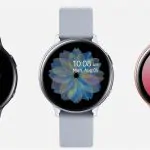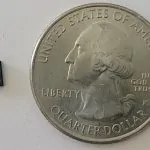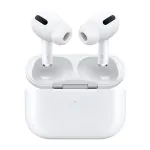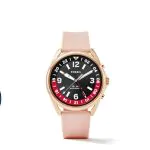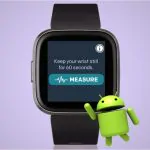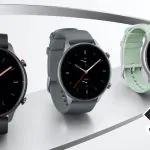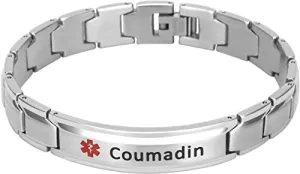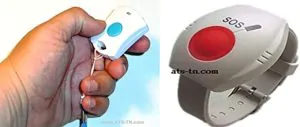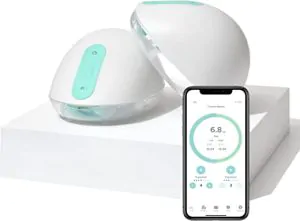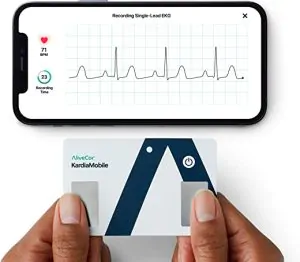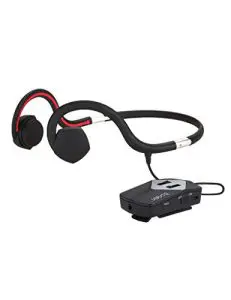Most wearable tech is for entertainment purposes, but sometimes something comes along that makes a splash in the world of the practical. Body Guardian is one such device that proves it’s worth by offering sophisticated technology to a field that needs it. The BodyGuardian is essentially a non-intrusive method of patient monitoring, and is one of the first of its kind. Most importantly, it’s also already FDA approved.
What is the Body Guardian

The Body Guardian is attached to the chest in one of three places where it then proceeds to monitor the patients heart rate and vitals. Information logged by the Body Guardian is then stored on a computer where it can be accessed and utilized for thirty days at a time, or longer if patient settings are changed. Body Guardian monitors ECG (electrocardiographic), Heart rate, respiration rate, and activity level. Because it is constantly connected, it can detect sudden arrhythmia, cardiac arrest, and almost any changes. Because the Body Guardian logs all of it’s data to a Cloud based platform (Preventice Care Platform), persons in charge of monitoring the patient can stay up to date on their health and activity level 24 7, including from mobiles and tablets.
Why would you want 24/7 heart monitoring? Many patients eventually have to stay in hospitals or go in for daily checkups, especially after heart attacks, heart surgery, and implants. With the BodyGuardian, they could go about their daily lives and do whatever they wanted, while getting better medical attention than they would going in twice a day. Instead, they get full monitoring and care, and their physicians know exactly how they are doing at all times.
How Does it Work
The Body Guardian attaches to one of three places on the chest similarly to a bandage which sticks on to the patients chest. The sensor is very small because it mostly only contains a biometric sensor, and the computation power to move that data to a web based biometrics platform. There, sophisticated software is used to transform body data into the information that doctors and care providers need.
In Use
The Body Guardian was only cleared by the FDA on September 10th, meaning that it is just now being introduced to the market. While you won’t see any of these at your local doctors office anytime soon, you can expect them to start showing up. The Body Guardian is mostly intended for use in non lethal situations, such as when your Doctor is checking your heart health, after a surgery, or other similar concern.
Preventice is the same company that created an app for use in medical monitoring, and are already quite big in the medical world. Seeing as they have just reached FDA approval, the BodyGuardian should be in use around the world in no time. Earlier this year, the Body Guardian soared through clinical trials in Europe and the United States, and it is definitely doctor approved.
What do you think? Is a wearable heart monitor a step in the right direction? Most patients would give a definite yes, not only because it can help Doctors to diagnose heart problems before issues, but because it can be used to monitor the patients health after major issues.
What we want to know is, can it be worn in the shower?
